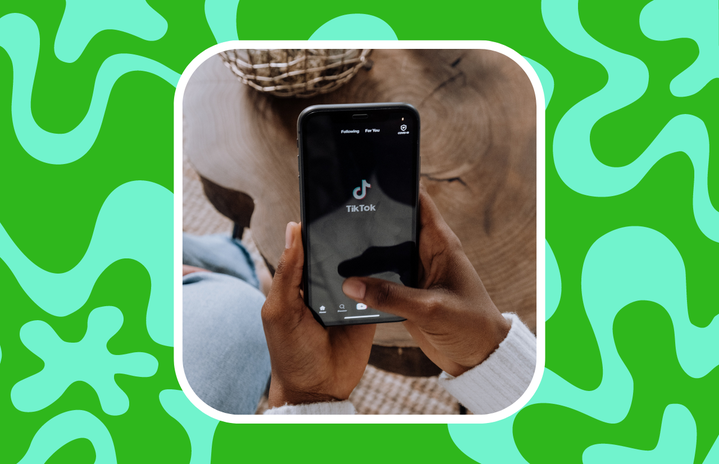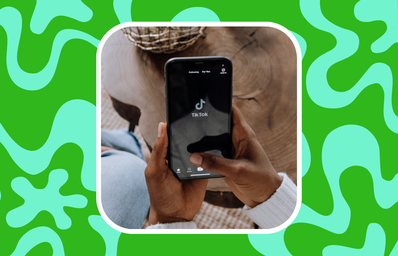Social media platforms have facilitated an incredible body positivity movement. During lockdown in particular, this social change gained notable momentum, and provided millions of people – including myself – with comfort in times where we were left, dangerously, with ourselves, a mirror, and no hope of leaving home.
Yet now – in the light of 2022’s freedom – we’re seeing celebrities such as Kim Kardashian who debatably could be seen at first as a pioneer for body diversity and curves, choosing to dramatically lose weight. These images are circulating on TV networks through reality TV shows like ‘Keeping Up with the Kardashians’, as well as on online platforms like Instagram. Popular culture trends have always focused on certain idols; ‘heroine chic’ first trended during the 1990s, following the fame of supermodels such as Kate Moss and more originally 1960’s Twiggy. This ‘trend’ generally idolized pale skin, dark circles beneath the eyes, thinning hair and a typically underweight body – all signs and symptoms associated with drug abuse. Now the era’s trend has developed a more contemporary label – ‘thinspo’.
‘Thinspo’ essentially being a hashtag shortcut to thousands of reasons to lose weight, belonging to an array of other body-checking trends, it’s a regression to the ‘body positivity’ movement that has reigned on platforms like TikTok – and in some corners of it, still does. There is a side to TikTok that’s manifested itself as a self-love superpower and given creators a chance to speak out about the recent rise of thinspo, and the true root of the problem – that body types are still being used as trends.
Over the pandemic, although body positivity did grow and flourish, so did eating disorders globally. The National Eating Disorders Association claims that there was a 58% increase in calls, texts and chats between October 2021 and March 2022 (Teens Visiting ER for Eating Disorders Doubled During Pandemic (healthline.com). This, amongst many other reasons, evidences the danger of bodies being used as trends and ‘clickbait’. TikTok creators like @thesophialiu have actively spoken about the ‘thinspo’ trend and the risks associated with its rise, prompting backlash from thousands for still viewing bodies as an aesthetic. The platform allows those with first-hand experience of the effects of movements like ‘thinspo’ to share their story with millions, as well as the message that recovery is possible. Other creators like @sixtine, @brittanilancaster and @mikzazon are counteracting the thinspo movement by leading conversations with focus on body acceptance and an aim to be healthy, instead of slim.
TikTok’s ability to provide creators with (in some cases) millions of followers is incredible, even better when they have a clear awareness of the repercussions of certain hashtags. When typing ‘thinspo’ into TikTok’s search engine, numerous helplines also surface – however, there remains a corner of TikTok that is promoting damaging trends, alongside the unhealthy body-image perspectives.
The hashtag ‘bodychecking’ now has 5.5 million views on TikTok according to a Harper’s Bazaar article (TikTok’s “Ironic” Thinspo Is a Dangerous Corner of the App (harpersbazaar.com), and this free ability for people to upload videos they don’t understand the consequences of, or consider who will come across them and how they will respond, is proving to be harmful. While TikTok gives a voice to those promoting healthy body-image mindsets and perspectives, like @thesophialiu, it simultaneously allocates the same power to those promoting ‘thinspo’. This lack of regulation exposes young people (with 60% of TikTok’s users being between 16 and 24) to consume content that could have a detrimental effect on their mental health; this includes images of celebrities like Kim Kardashian, who have undergone recent extreme weight loss. While this is a personal choice, the uncensored ability for content as such to circulate globally to minds that may already be experiencing eating disorder symptoms, can have lethal outcomes.
So, the question remains, is TikTok the driving force to quiet dangerous trends like ‘thinspo’, or is it adding fuel to the fire?
If you feel like TikTok or any other social media platform is affecting your mental health, or if you’re struggling with an eating disorder, please contact any of these charities or helplines:
Beat – 08088010677 (England)
Anorexia and Bulimia Care – 03000111213
Childline – 08001111
Eating Disorder Association NI – 02890235959
Eating Disorder Support – 01494793223
Mind – 03001233393
Written by: Jessie Haslam
Edited by: Michele Ngue-Awane


